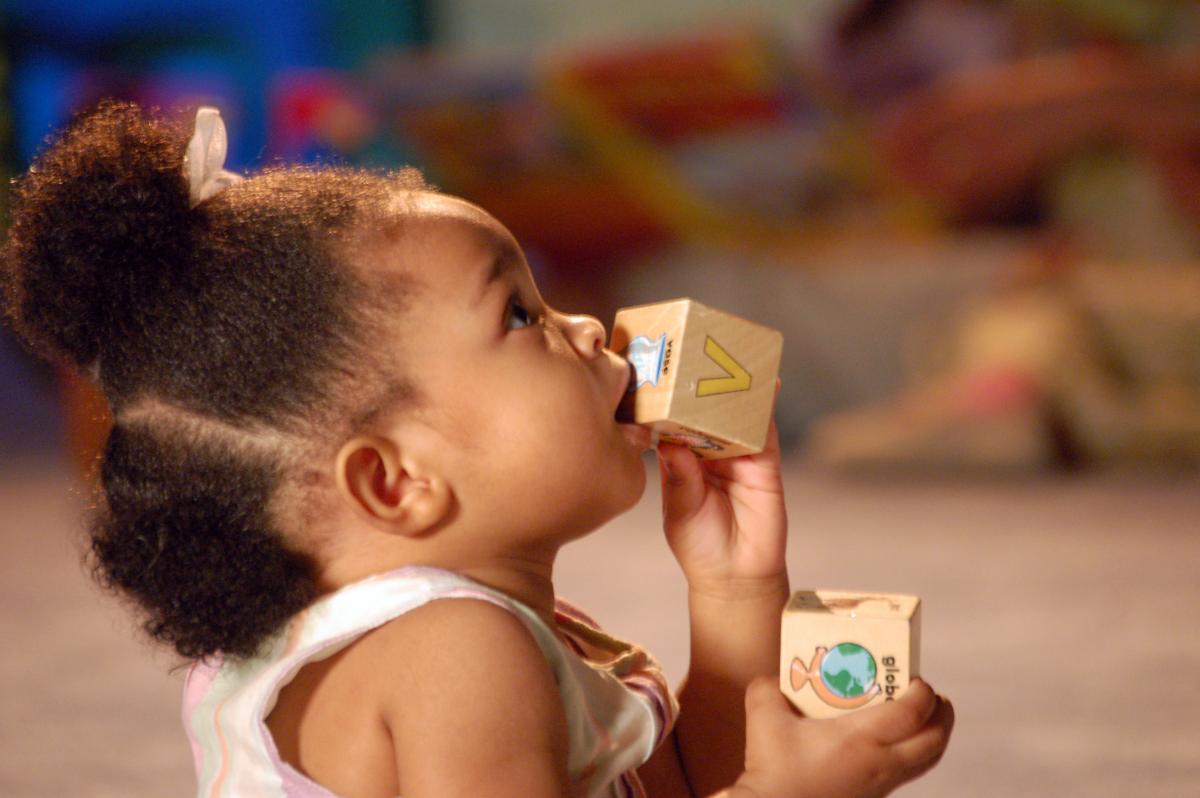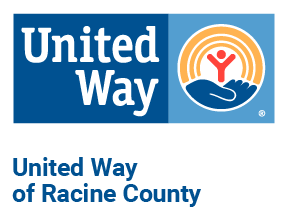 Apr. 11, 2019—Did you know that babies are born ready to learn? Did you also know that parents play a critical role as their child’s first teacher? These are two important facts that all parents should know.
Apr. 11, 2019—Did you know that babies are born ready to learn? Did you also know that parents play a critical role as their child’s first teacher? These are two important facts that all parents should know.
Babies learn best through interactions with a responsive and caring parent or caregiver. Parents can interact with their babies through eye contact, facial expressions, talking, singing, and touch. While babies cannot yet understand what words mean, they will delight and thrive in the attention given to them. More importantly, these positive interactions establish the foundation for a strong bond between parent and child.
As babies grow into toddlers and preschoolers, parents continue to be their child’s first teacher. One way that parents can foster a child’s early learning is by being a “play partner.” A famous quote says that “play is the work of a child”. It is true, children learn many skills from play. Play gives children the opportunity to create and imagine, to problem-solve, and to learn about the world around them.
While some parents enthusiastically take on the role of their child’s first teacher, others may feel uncertain or hesitant about this role. It is important for all parents to know that they already have all the knowledge needed to be their child’s first teacher. Here are a few simple ideas for parents to boost their child’s learning during play.
• Talk, Talk, Talk – Talk about what your child is doing. Talk about what you are doing. Describe what you see. Use interesting vocabulary and new words. Research has shown that young children who hear more words, learn more words. Further, this early vocabulary growth predicts later reading achievement in school. Even young babies can benefit from hearing you describe the world around them.
• Ask your child open-ended questions – By asking your young children questions, you are giving them the opportunity to practice their developing skill of speech. You can also ask your child to describe what they are playing or pretending, which means he/she will practice using new vocabulary and putting words together into sentences.
• Read to your child – Reading is another activity that you can start early even with babies. Young children will benefit from the new vocabulary they hear in storybooks and become familiar with the letters of the alphabet. You can also ask your preschool age child questions about the story or how the characters are feeling. It is a great way to spend quality time together and instill a life-long love of books.
• Playing with blocks or other building toys – Block play can teach so many early learning concepts such as pre-reading, math, science, social emotional learning, and physical skills. There are so many things to do with blocks from counting to naming shapes and colors to teaching gravity by building tall towers and knocking them down.
As a play partner, feel free to follow your child’s lead in choosing which activities to do or books to read. Find a little time each day to play and have fun unleashing your inner child. Remember, early childhood does not last forever - the “days are long, but the years are short.”
Join us this Saturday, April 13 at Case High School for a book and block party during the Week of the Young Child Celebration.

Website by: OneEach Technologies
Sitemap | Login